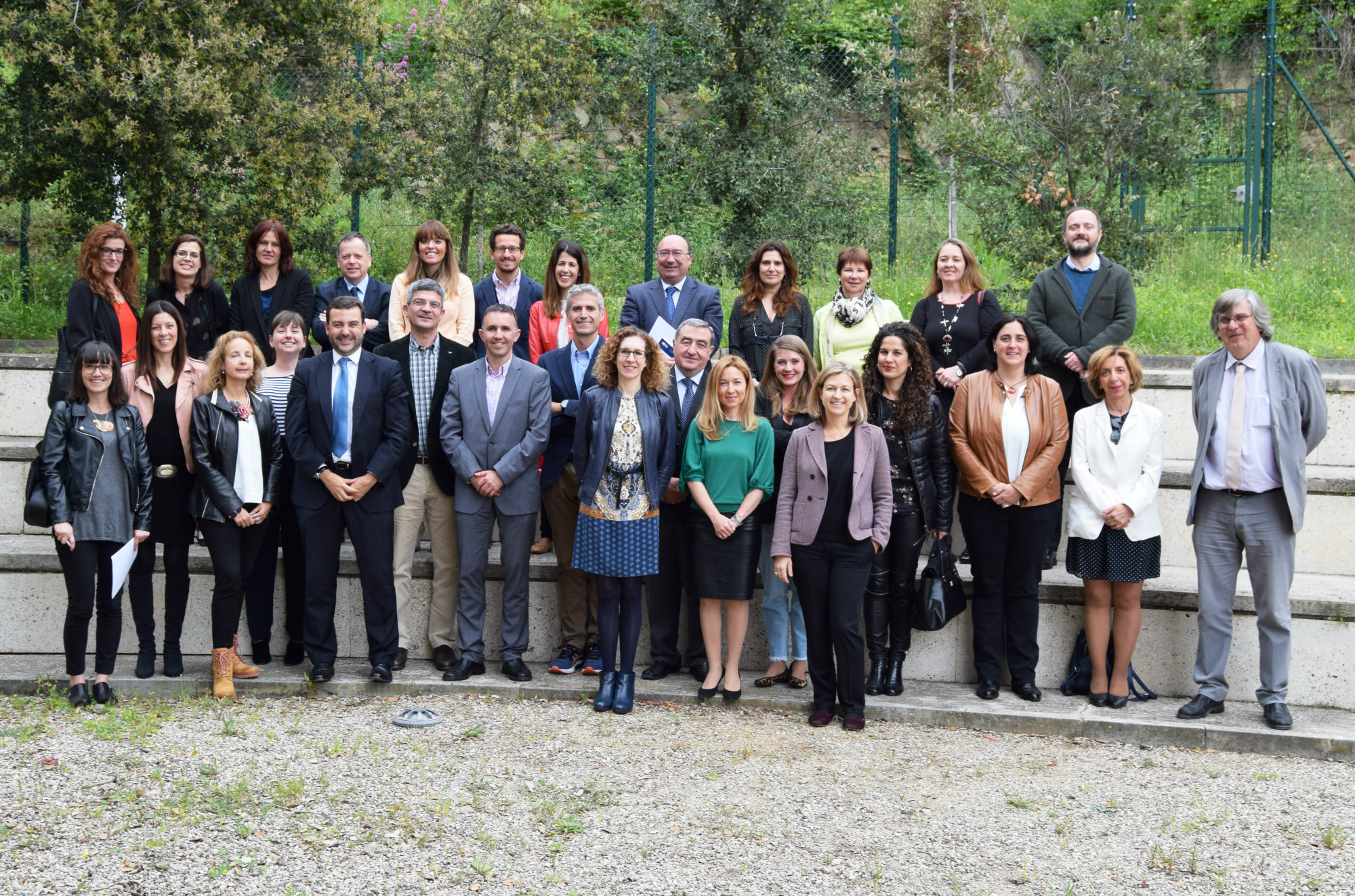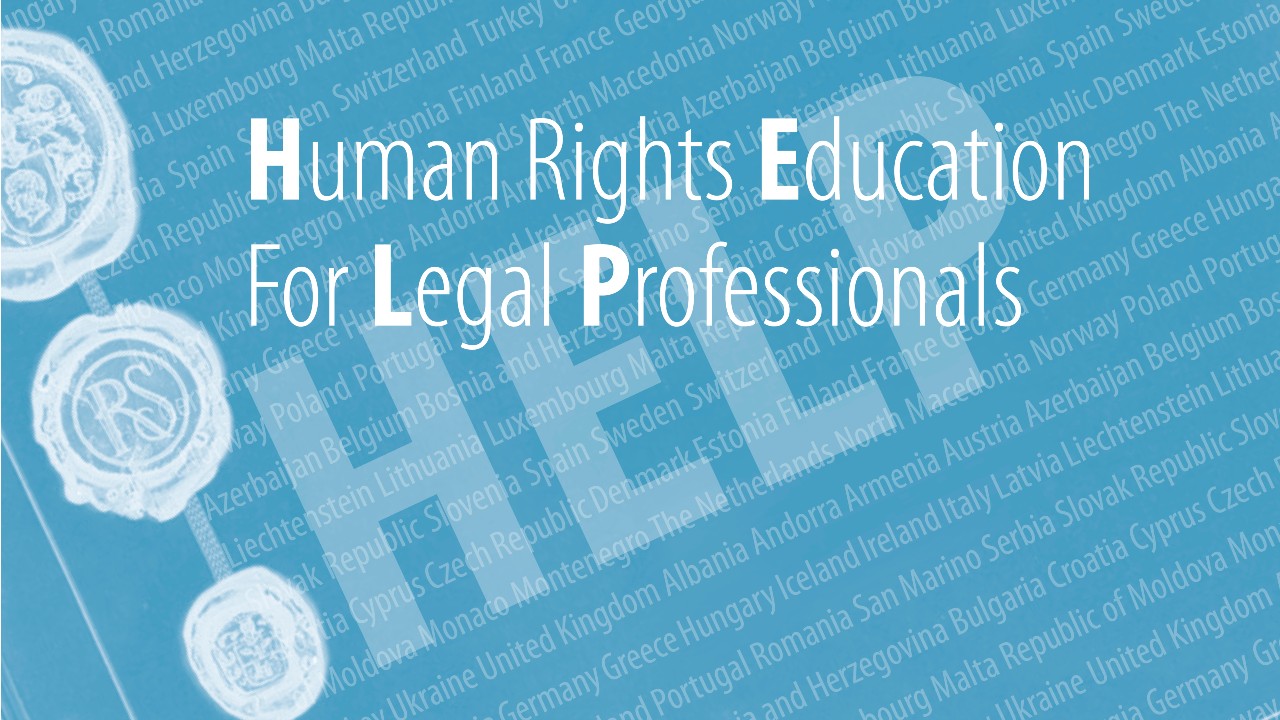The Spanish School of Justice co-organised the launching of the HELP/UNHCR course on the European Convention on Human Rights (ECHR) and asylum on 3 May 2017 for a group of mainly judges and prosecutors but also lawyers.
Most of the participants deal with asylum and migrant cases, and many of them work in geographical (sea and land) entry points. Various lawyers have also training functions in their province.
The event was opened by the School deputy director, Jorge Jiménez, who highlighted the strong collaboration with HELP, which will be expanded under the future HELP in the EU.
Marta García, head of UNHCR protection unit, explained the interactions between the international legal order (1951 Convention) and the ECHR. She mentioned the protection challenges faced in Spain where asylum applications had increased in the past two years, receiving more than 16.000 applications, although these numbers continue to be comparatively low considering the numbers in neighbouring countries like Italy or France.
Spain has complex land borders in the enclaves of Ceuta and Melilla, bordering a non-Council of Europe member state. with different human rights standards, which pose specific challenges, particularly regarding access to territory, sporadic incidents of automatic returns and reception conditions. Other challenges are the access to asylum procedures - including access to information - for sea arrivals, avoiding their detention, as well as improved quality of the asylum procedure.
The national tutor, Noemi Alarcón - currently the vice-president of the CCBE Commission on migration and also the tutor of the course launched with the Spanish Bar association back in September 2015 (with a 91% success rate) - highlighted the differences of Spanish laws on migrants (2015) and asylum (2009) and underlined the fact that the latter is out dated and under regulated. She stressed the interaction between the ECHR standards, the Dublin Regulation, the EU Directives and Regulations which are part of the European Common Asylum System.
The HELP/UNHCR course on the ECHR and Asylum aims to tackle some of the above-mentioned challenges and has the goal to strengthen and harmonise ECHR standards on asylum across the Council of Europe member states. Building on a previous version, the online course reflects the latest case law of the European Court of Human Rights and the Court of Justice of the European Union. It has 4 substantive modules:
- Art. 3 (non-refoulement)
- Art. 5 (detention)
- Art. 8 (family reunification)
- Art. 13 in conjunction with Art. 3 (effective remedy)
The course and the HELP Programme and methodology were explained, including how to open an account in the new e-learning platform.
Once the course launched with the Spanish School is completed, it will replace the currently available version of the Spanish course.
The course has already been launched –replicated when possible- in the Russian Federation, Turkey, Greece, Italy, France, Belgium, Bulgaria and Western Balkans.





